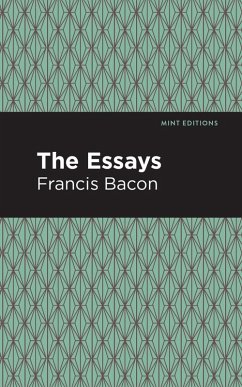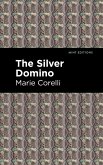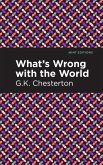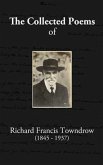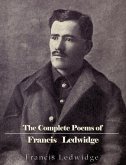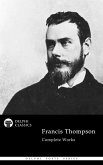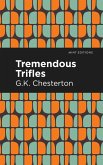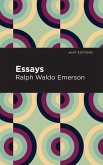The Essays (1625) is a collection of writings by Francis Bacon, one of England's most prominent philosophers and scientists whose work was central to shaping the ideals of the Renaissance and scientific revolution. Although Bacon is remembered today as the father of modern science, this collection contains his thoughts on mostly moral and civil matters, highlighting his immense skill as a philosopher and statesman.
Filled with references to and quotes from such biblical and classical sources as Seneca, Epicurus, Solomon, David, and Caesar-to name only a few-Bacon grounds his work in the rich continuum of human history, religion, and philosophy. In "Of Death," he compares the human fear of death to a child's fear of the dark to argue that it is an essential and natural aspect of human life. In "Of Revenge," Bacon weighs the consequences of vindictiveness against the merciful necessity of forgiveness. In "Of Goodness and Goodness of Nature," Bacon differentiates between the innate goodness of humanity and the glaring need for the cultivation of goodness as a habit in human society. These are only some of the subjects Bacon approaches with his hallmark rational and concise style. Others include the relationship between parents and children, the nature of superstition, and the need to privilege utility over style in homebuilding. Overall, The Essays is both a wide-ranging meditation on daily and eternal matters of human existence and a fascinating look at the particulars of life in Renaissance England.
Completed only a year before his death, The Essays is one of Francis Bacon's most accessible works, as well as a fitting culmination of a life and career dedicated to the pursuit of knowledge. This text illuminates for us the thoughts and feelings of one of history's finest intellectuals, a man whose ideas continue to shape our world and the way we see it over four centuries later.
With a beautifully designed cover and professionally typeset manuscript, this edition of The Essays by Francis Bacon is a classic of English literature and philosophy reimagined for modern readers.
Filled with references to and quotes from such biblical and classical sources as Seneca, Epicurus, Solomon, David, and Caesar-to name only a few-Bacon grounds his work in the rich continuum of human history, religion, and philosophy. In "Of Death," he compares the human fear of death to a child's fear of the dark to argue that it is an essential and natural aspect of human life. In "Of Revenge," Bacon weighs the consequences of vindictiveness against the merciful necessity of forgiveness. In "Of Goodness and Goodness of Nature," Bacon differentiates between the innate goodness of humanity and the glaring need for the cultivation of goodness as a habit in human society. These are only some of the subjects Bacon approaches with his hallmark rational and concise style. Others include the relationship between parents and children, the nature of superstition, and the need to privilege utility over style in homebuilding. Overall, The Essays is both a wide-ranging meditation on daily and eternal matters of human existence and a fascinating look at the particulars of life in Renaissance England.
Completed only a year before his death, The Essays is one of Francis Bacon's most accessible works, as well as a fitting culmination of a life and career dedicated to the pursuit of knowledge. This text illuminates for us the thoughts and feelings of one of history's finest intellectuals, a man whose ideas continue to shape our world and the way we see it over four centuries later.
With a beautifully designed cover and professionally typeset manuscript, this edition of The Essays by Francis Bacon is a classic of English literature and philosophy reimagined for modern readers.
Dieser Download kann aus rechtlichen Gründen nur mit Rechnungsadresse in A, D ausgeliefert werden.

